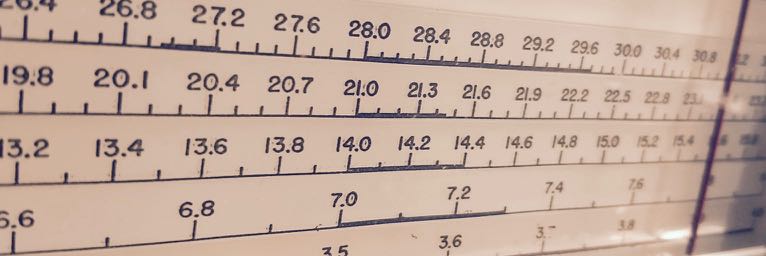(Source: BBC News via Namal Dolakumbura, 4S6NDO)
The East German secret police went to extraordinary lengths to track down people who wrote letters to the BBC during the Cold War. One of those arrested and jailed was a teenager who longed to express himself freely – and paid a high price.
It was the last day of the summer holidays. For 18-year-old Karl-Heinz Borchardt that should have meant an afternoon on a windswept Baltic beach with his girlfriend, or a few hours spent trying to catch the latest pop songs on his portable radio.
Instead his childhood came to a sudden end.His mother hurried into his room unusually early and told him to get dressed. Five uniformed agents were waiting downstairs.
Borchardt bought himself time. “I needed time to think,” he says. “It could have been for any number of reasons.”
Insisting he needed a wash, he started to fling sheets of incriminating texts out of the window. He couldn’t know that the secret police already had all the evidence they needed.
It was two years earlier, in September 1968, that Borchardt had written his first letter.It wasn’t easy to keep anything hidden in the cramped two-room flat Borchardt shared with his family in Greifswald, a small town on Germany’s northern coastline.
So as he sat down to write at the living room table he covered the sheet of paper with his homework whenever someone poked their head round the door.
The radio sat to his left and Borchardt was glued to the crackly foreign broadcasts coming out of Prague, where Soviet guns and tanks had rolled in to crush an attempt to introduce liberal reforms.
“To the staff of Radio London’s German service!” he wrote.
I have only just started listening to your programme, ‘Letters without signatures’, but I like it a lot, since it airs opinions you don’t find in our media. I am 16 years old. I will write to you regularly, mainly about young people and their views on world affairs. In my view, the west did not intervene strongly enough in Czechoslovakia. Does a country which fought so hard for its freedom have to carry on marching to the tune of the Soviets?
Warm regards from a schoolboy


A history of chilling blood. The painting is called “King Herod who beats innocent babies”
Personally, I would gladly return somewhere in the USSR from the 60-70s. It was a beautiful country.
This could have been me 🙁 only that I grew up just thirty miles WEST of the former border. I was the same age and I did the same things : listening to and talking about and writing to international broadcasters.
Glad to read he could finally, at last, go to uni but it took until after the Wende until he could finally make a career to become a lecturer, which he still is.
Hope, that this long past times never come back in europe.
We can’t change the past, but we can learn from it, to change our future.